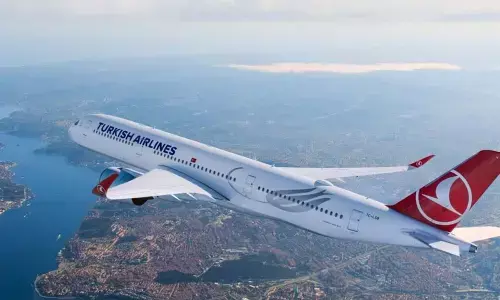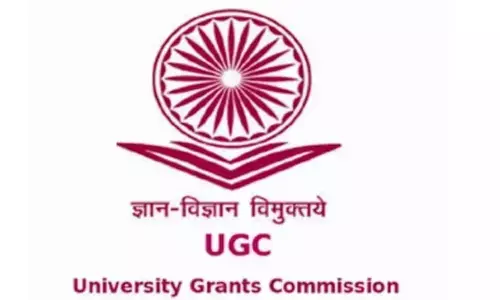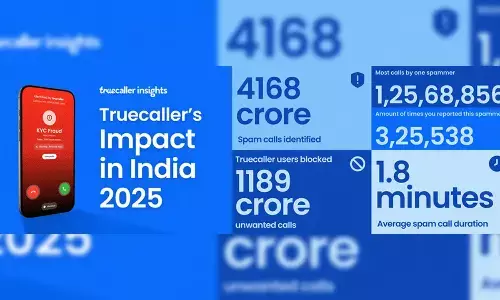Loyalty Battle: Retaining Customers

As loyalty programmes continue to grow and mature, hotels and airlines will see a demand for a more tailored experience and price-based rewards for loyal customers. More organisations are beginning to recognise that one size does not fit all, especially, when you have such diverse demographics as business versus leisure travellers – i.e. those who are spending the company’s money versus their own. The best loyalty scheme must be backed up with impeccable customer service at all service points
Every industry strives to achieve customer loyalty. A lasting loyal relationship can lead to customers becoming brand evangelists – encouraging others to prefer your brand over that of your competitors. Of course, this is not bereft of challenges in a free market where the customer has many alternatives.
For travel, specifically airlines and hotels, the picture is a little clouded. Whilst most airports will have several or more carriers serving them, at others, customers won’t have much choice with whom they’ll fly. For hotels, the location is everything – major hotel brands they will be vying for customer attention in key cities.
Many loyalty programmes solely focus on acquiring new customers and encouraging repeat business, but this in itself is not necessarily indicative of loyalty. The elephant in the room is the recent press that airlines have been receiving with passenger videos showing less than favourable customer service on flights. This is damaging the reputation of many airlines. Whilst this is a separate issue, it does demonstrate that the best loyalty scheme must be backed up with impeccable customer service at all service points.
Millennials, the industry’s second youngest (and one of the largest) consumer groups, are more willing to change their airline loyalty than any other generation, which could be due to an increase in the entry of low-cost carriers (LCCs). Around 47 per cent of Millennials have changed their airline loyalty in the past year, compared to 37% of Gen Z and 23% of Gen X. Baby Boomers are the most brand-loyal travellers, with only 15% having changed their airline loyalty in the last year.
Cost is the primary driver of airline preference and loyalty changes among all travellers (60%). Gen Z (77%) is most likely to change airline preferences to find flights that suit their budget, followed by Gen X (69%) and Millennials (59%), while Baby Boomers (47%) are least likely to change airline loyalty due to the cost factor.
Status and frequent flier programmes are tied with ontime performance as the number one reason Baby Boomers (25%) have remained brand loyal. Additionally, 34% of Baby Boomers and 46% of Gen Z report changing their preferred airline to access more schedules and destination options. Thirty-seven per cent of all travellers changed their airline loyalty due to having experienced significant delays or cancellations in the past year. Millennials are most impacted by disruptions with 42% switching their airline loyalty because of a significant delay or cancellation, followed by 38% of Gen Z, 32% of Baby Boomers and 31% of Gen X.
Almost 90 per cent of all travellers agree that airlines should be required to provide delay and/or cancellation compensation.
On-time performance (OTP) remains a crucial lever in determining and affirming passenger loyalty. Thirty-six per cent of all travellers say the number one reason for their continued loyalty is an airline’s proven punctuality track-record. Gen Z’s loyalty is driven by on-time performance, with 63% remaining loyal to their preferred airline, followed by 52% of Millennials, 35% of Gen X and 25% of Baby Boomers.
A Deloitte report found that many airline loyalty programs fail to engage with the customer. Particularly with the high-margin business and high-frequency fliers - 44% of business travellers (and 72% of high-frequency business travellers) are actually participants in two or more loyalty programs. Indeed, Loyalty Programs languish down in 19th place of important airline experience attributes (apart from high-frequency business travellers, who place it 2nd).
When people have a preferred airline, they tend to give them repeat business. For leisure and business travellers, 43.9% give 76-100% of their business to their preferred airline. Overall, having the best loyalty scheme ranked 9th in importance to factors for a preferred airline; however, 33% said that they would not switch loyalty schemes even once they’d achieved the highest status level.
As loyalty programmes continue to grow and mature, hotels and airlines will see a demand for a more tailored experience and price-based rewards for loyal customers. More organisations are beginning to recognise that one size does not fit all, especially, when you have such diverse demographics as business versus leisure travellers – i.e. those who are spending the company’s money versus their own. These are divergent customers who seek choice.
The challenge faced by airlines and hotels is to provide that choice seamlessly and in a way that keeps customers interested and, ultimately, loyal.











